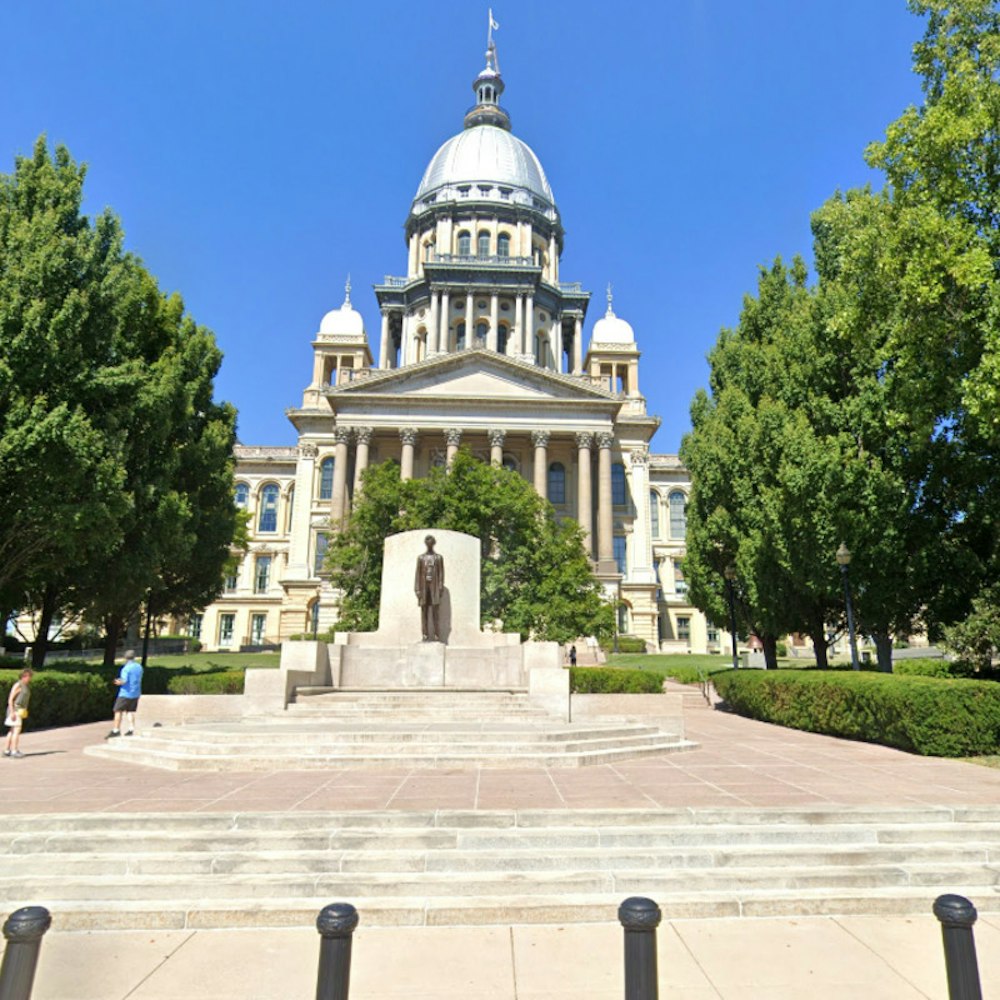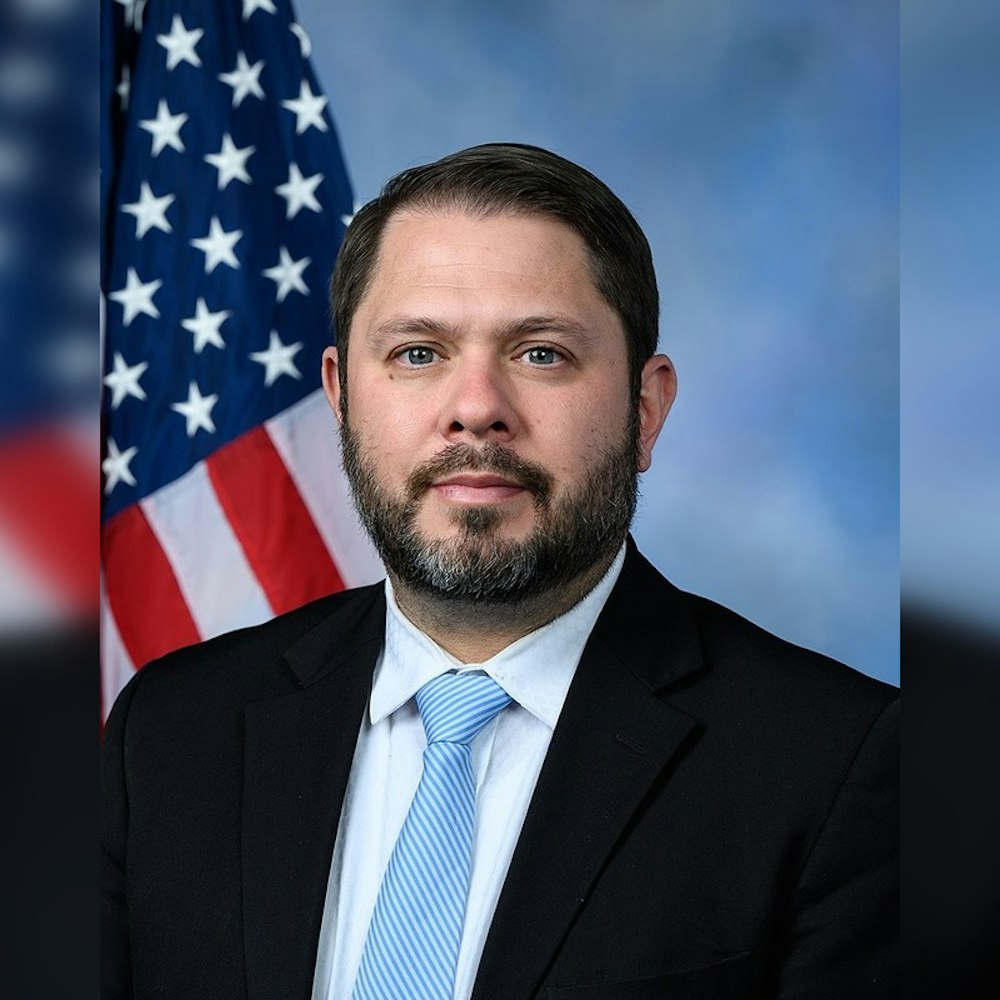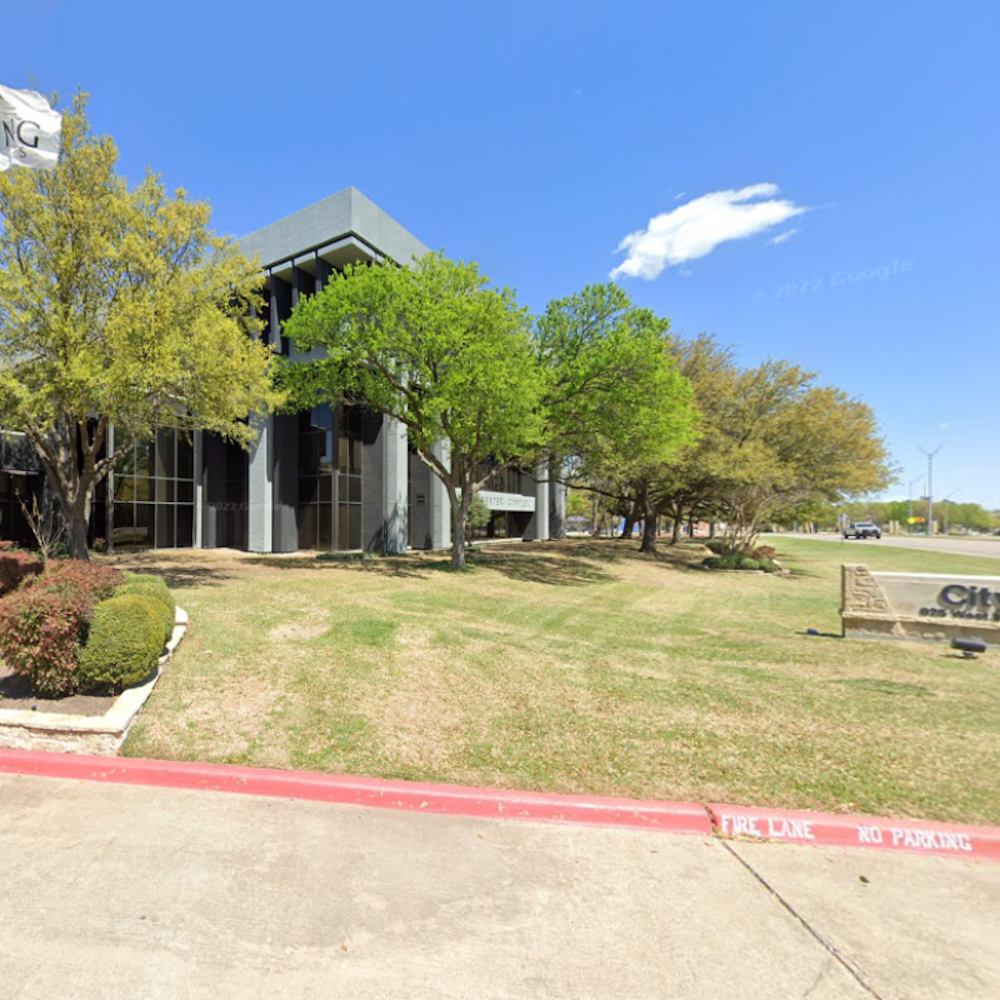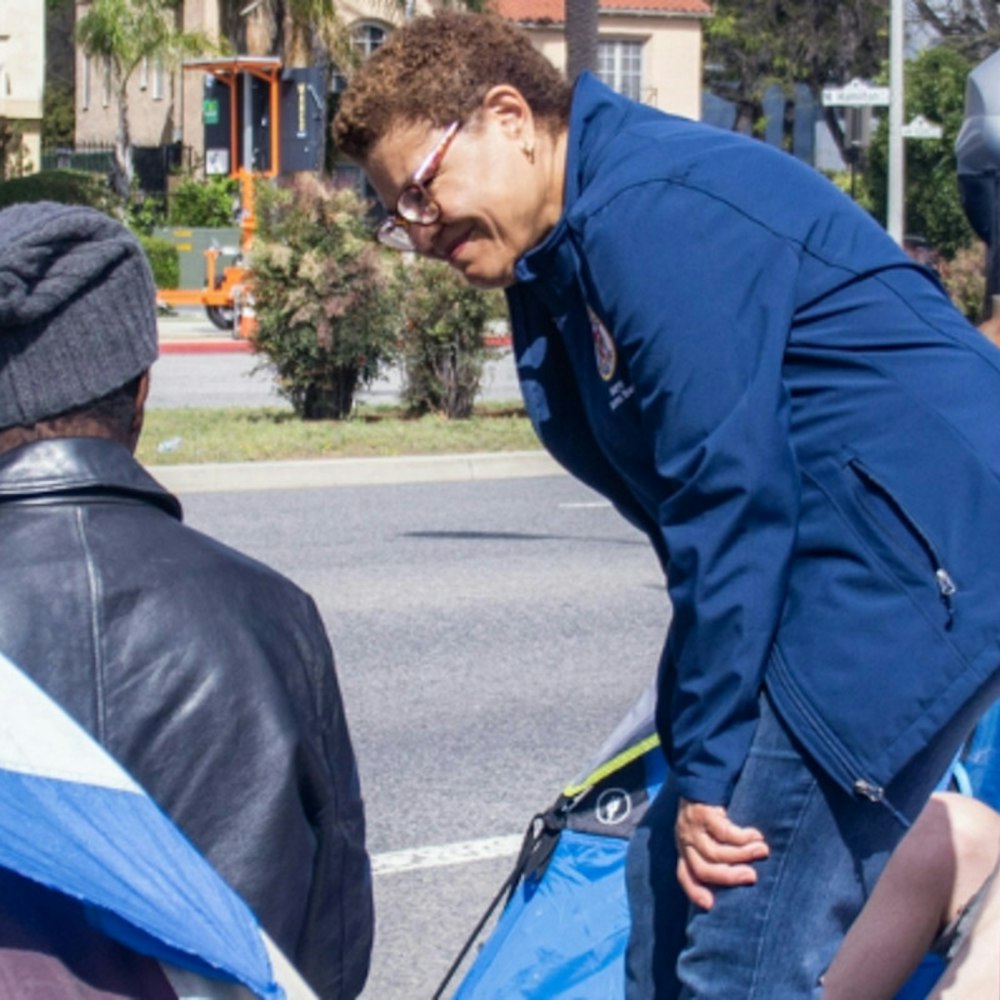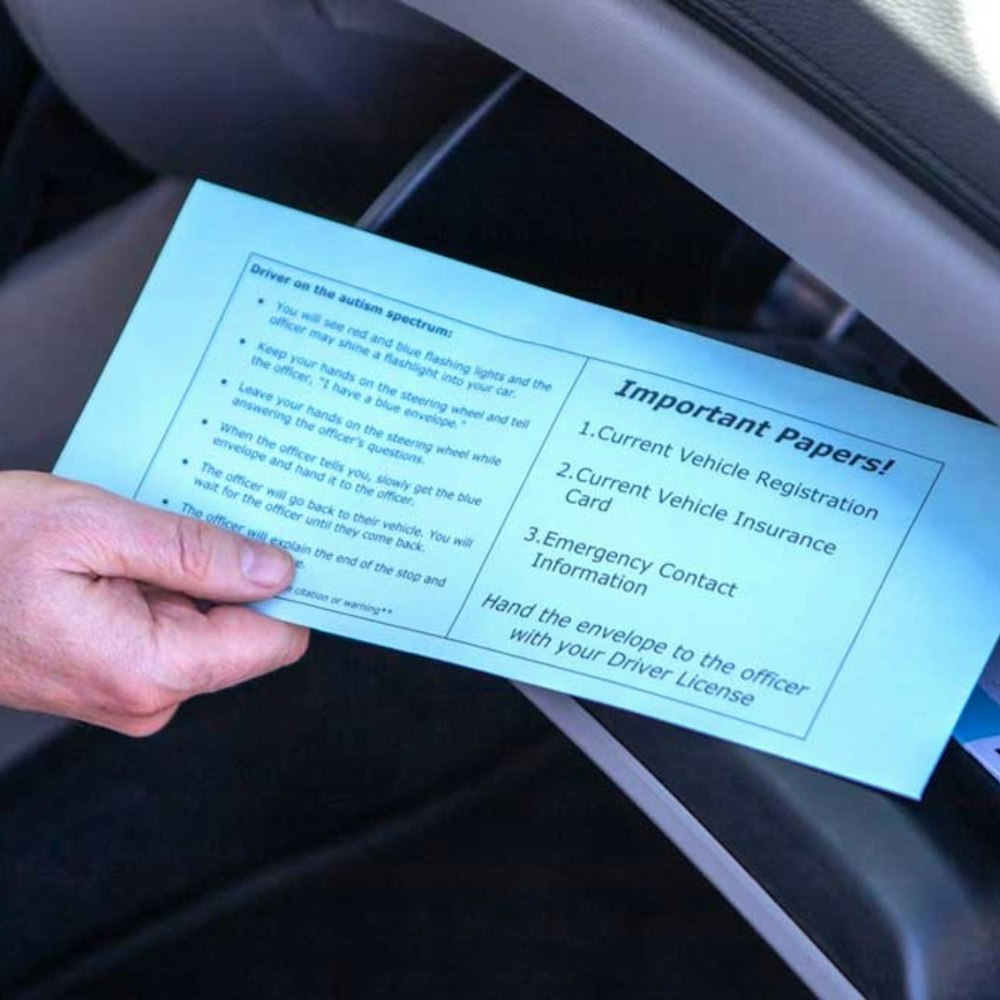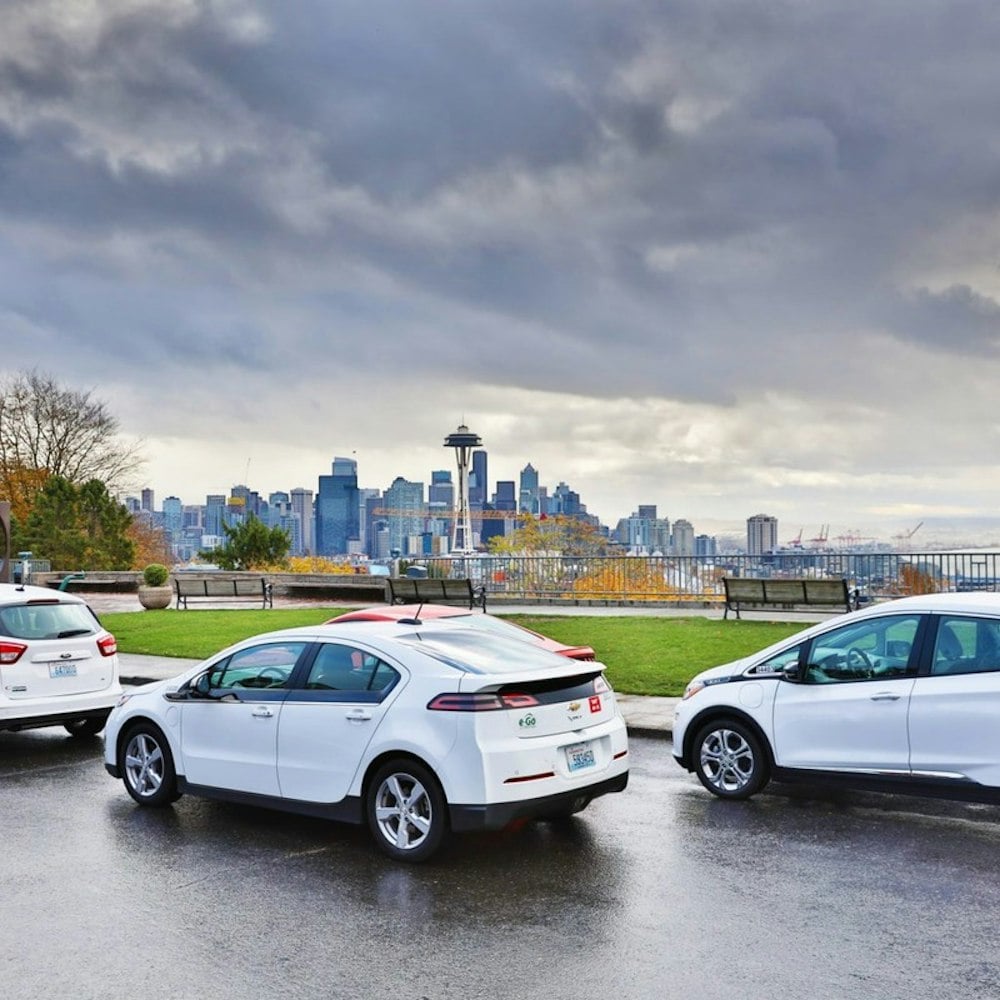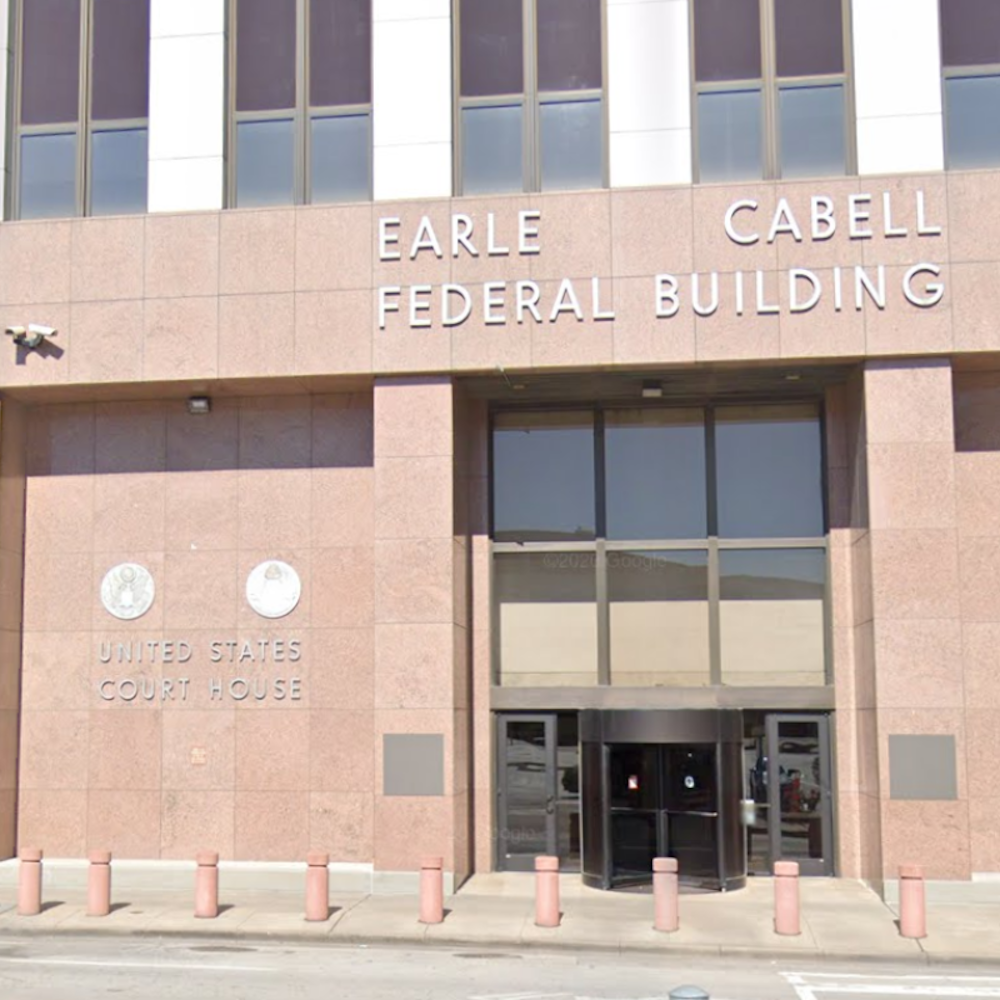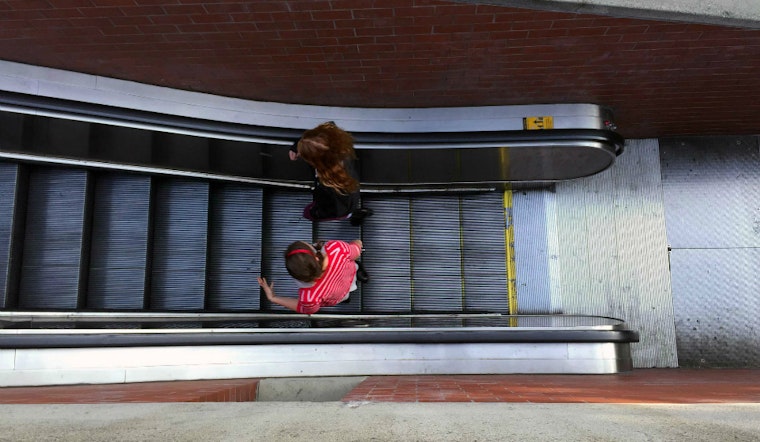
Frustrated commuters can probably agree that Castro Station's escalators, which date back to 1972 and are often broken down for extended periods of time, are due for an overhaul.
Planned upgrades to the station’s indoor and outdoor escalators, however, are delayed. Bids for the second phase of the larger SF Municipal Railway’s Escalator Rehabilitation and Upgrade Project came in at nearly twice the originally projected engineering cost, pushing back the project’s completion to the end of 2018.
The Proposition K-funded project, originally proposed in 2006 by the San Francisco County Transportation Authority (SFCTA), seeks to replace, repair, and rehabilitate the 28 San Francisco Municipal Railway (Muni) escalators across seven stations to bring them into code and conform to Cal/OSHA and safety requirements, reduce maintenance costs, and reduce unit downtime.
The SFCTA admitted in a 2007 report that, “While the escalators underwent a minor rehabilitation in 1979 prior to the start-up of subway service, MTA has not undertaken a full modernization/rehabilitation of the escalators since they were installed approximately 30 years ago.”
The Authority allocated funds to the SFMTA in 2006 to begin the conceptual stage of the project (SFMTA is responsible for 28 escalators in seven stations per an agreement with BART and the City of San Francisco), but prioritized the first five heavy-use, outdoor escalators in a first phase of the project, which included upgrades to Powell, Van Ness, and Church Muni stations. That work began March 2012 and was completed in September of 2013.
The second phase of the project, currently in detail design, includes the four escalators at Castro Station and three at Church Station, in addition to more at Embarcadero, Montgomery, Powell, and Civic Center. BART will be concurrently upgrading its platform escalators and installing downtown station escalator canopies.
According to a June 2012 list of active District 8 Prop K projects, the plan first became delayed when the SFMTA made an error in the budgeting of federal transportation grants for the two phases of the project. Phase 2 was then again delayed due to a reassignment of engineering staff to Phase 1 of the project due to a federal Buy America requirement, which ensures that transportation infrastructure projects are built with American-made products.
The project was then flagged as having potentially major schedule delays and/or cost increases. The same quarterly progress report noted that SFMTA had also transferred $1 million of those same federal funds to a light rail project to close a funding gap, reducing the overall scope and budget of the second phase. All seven escalators in District 8 are slated to remain as part of the project, however.
The SFCTA recommended on January 20th of this year that SFMTA extend the time to award the contract for Phase 2 another 10 days while additional funding sources were secured. In the most recent development, the contract was awarded on January 30th to Schindler Elevator Corporation of San Leandro, CA, according to a final SFMTA resolution.
A spokesperson for the SFCTA said the additional funding had been identified and that they anticipate construction of Phase 2 will finally begin in March, at a cost of roughly $19.6 million. This came at nearly twice the projected budget of $10.7 million. As with the similar work done at Church, Powell, and Van Ness Stations, commuters will have more temporary escalator closures to look forward to until all the work finishes up at the end of 2018.
